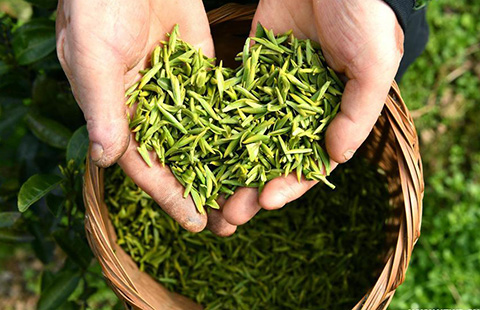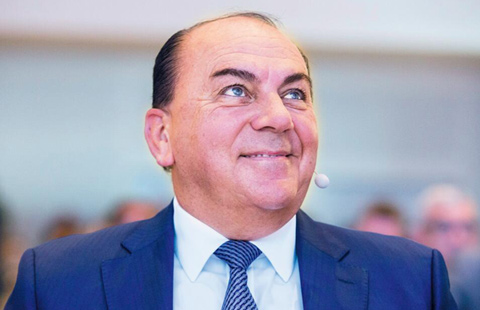China-developed hybrid rice to help the Philippines
MANILA - By using the hybrid rice technology successfully developed by China, the Philippines, one of the world's largest rice importers, could become self-sufficient in the staple food and could even start exporting rice to other countries.
This was the consensus that emerged at the first National Hybrid Rice Congress held April 3-5 at the Philippine Rice Research Institute (PhilRice) in the Science City of Munoz, Nueva Ecija in Central Luzon, north of Manila.
The congress, whose main speaker was Chinese agriculture scientist Yuan Longping, the acknowledged father of hybrid rice, was held to strengthen the hybrid rice industry in the Philippines.
Agriculture Secretary Proceso Alcala said that the government's goal right now is to make Filipino farmers earn more by cutting production cost and planting hybrid rice.
The country's rice self-sufficiency is almost within reach, with only 187,000 metric tons of imports this year, Alcala said.
Alcala said that through the Super Hybrid Rice and 10-5 Program (SHR-10-5), the government's goal of making the Filipino farmers rich is achievable.
"We want to have a yield of 10 tons at a cost of 5 pesos ($0.125). That's the dream," Alcala said. He said that the Philippines has a long ongoing cooperation with China through the Philippine-Sino Center for Agricultural Technology (PhilSCAT), through which the Philippines was able adopt China's hybrid rice technology.
China's average rice yield is more than quadruple that of the Philippines because the land area planted to hybrid rice in China is 58 percent of its 29.5 million hectares of rice land, or 17 million hectares.
On the other hand, area planted to hybrid rice in the Philippines is a measly 5 percent, or just 146,000 hectares as of 2012.
Yuan, a recipient of several international awards, including the Ramon Magsaysay Award in 2011, predicts that the super hybrid rice will become a commercial success in the Philippines in three years.
"We will send super hybrid varieties for testing here next year in the dry season. Maybe after three years, our super hybrid rice will be commercialized in the Philippines through our joint efforts. We will strengthen the friendship between Philippines and China through it," Yuan said.
In l999, Yuan's super hybrid rice recorded a yield of 17.055 MTs per hectare in Yongsheng county in Yunan province.
Yuan, however, said that mechanization is an important component of the SHR program. He said China can assist the Philippines through a 69-million-peso grant ($1.7 million) up to 2016 that will be coursed through the PhilSCAT.
Yuan said the Chinese government has adopted policies that have encouraged farmers to grow more, such as providing them with hybrid rice seeds free of charge and giving tax breaks to seed companies.
"It's an efficient and economical way to increase food production. Hybrid rice increases rice production very fast. Of course, the cost of seed is higher but the economic return is much higher," he said.
Reports from China said that China National Hybrid Rice Research and Development Center (CNHR-RDC) has already hit a milestone in super hybrid rice program when it reached its goal of 13.5 metric tons for per hectare yield in 2011.
The SL Agritech Corporation (SLAC), a local firm, said that the 5 pesos per kilo production cost is possible if farmers will have an average yield of 10 MTs at a 50,000 pesos per hectare cost.
According to SLAC Chairman Henry Lim Bon Liong, the SLAC has a long-standing collaboration with CNHR-RDC that has resulted in the development of SL-8 hybrid rice, which has enabled Filipino farmers to harvest from 7 to 10 MTs per hectare from the 3-5 MTs using ordinary rice varieties.
Agriculture Assistant Secretary Dante Delima said the government is supporting the expansion of hybrid rice whose area is targeted to reach to 281,397 hectares in 2013. This will further be expanded to 350,000 hectares by 2014.
The state-owned Land Bank of the Philippines has also increased its loan portfolio to 500 million pesos for farmers who want to go into hybrid rice production.
The loans could be used to buy hybrid seeds and mechanize their farming methods as what Yuan has suggested.























